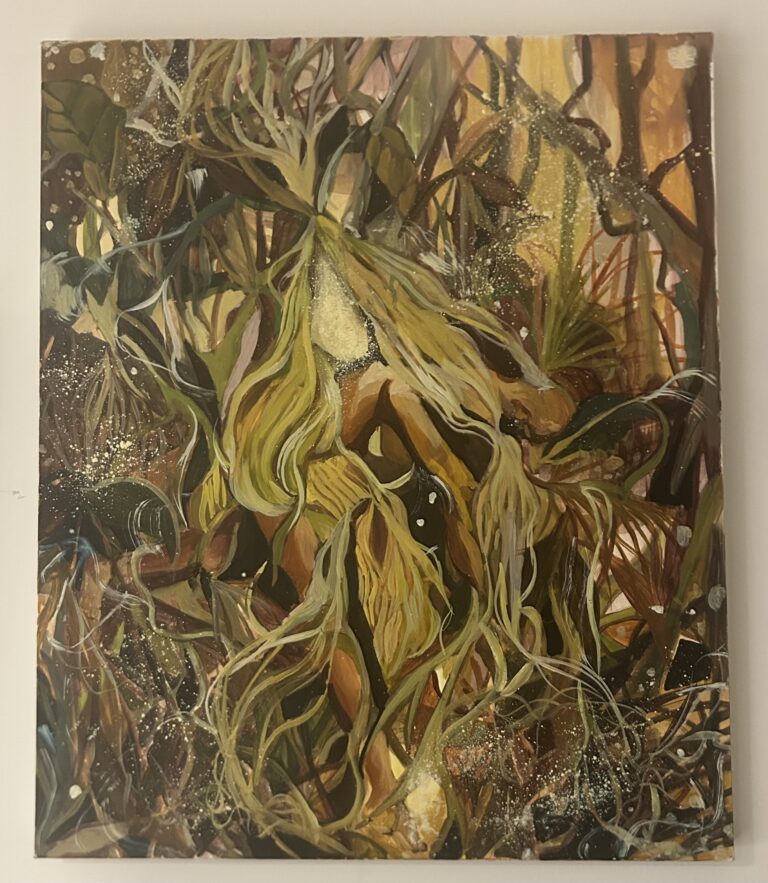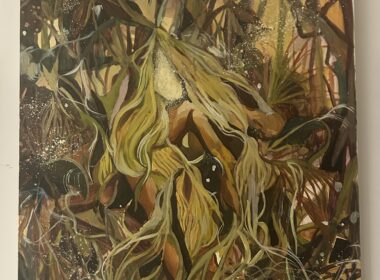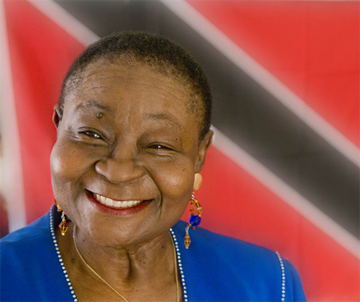To be honest, I have always been a cautious consumer of hip hop over the years.
For the last few decades, the spectrum of hip hop music has fluctuated between “Stay Woke” cultural reflection of Grandmaster Flash and the Furious Five’s “The Message” and Public Enemy’s “Fight the Power,” house party bangers of Salt-N-Pepa’s “Push it” and Rob Base and DJ E-Z Rock’s “It Takes Two,” machismo anthems of Dr. Dre featuring Snoop Doggy Dog’s “Nuthin’ But a ‘G” Thang” and Jay-Z featuring UGK’s “Big Pimpin” and lyrical titans of Run-D.M.C.’s “Sucker M.C.’s.”
That’s the history of the culture – diverse, self-reflective, often misunderstood.
So when new artists emerge every few years, my musical barometer scans its scene, gravitating to the most creative and insightful. Artists like Drake, Big Sean, Flo Rida, Childish Gambino, Chance the Rapper, and now . . . Nigerian-American Jidenna Theodore Mobisson.
When he emerged on Wondaland Presents: The Eephus two years ago, his breakout hit “Classic Man” introduced his dandy three-piece suit and witty ciphers that raised a new level of sophistication for the clubs.
We still could “juju” to it in the clubs – we just could do it with more gentlemen on the dance floor.
As a feminist, just seeing a male hip hop artist signed to Janelle Monae’s Wondaland Records and distributed through Epic Records was really empowering.
And then I listened to Jidenna’s debut album, The Chief and I understood why.
What emerged was a 14-track journey from the savannahs of Nigeria to the speakeasies of New York, LA and the DMV with territorial anthems “Chief Don’t Run” and “Long Live the Chief,” feminist-friendly jams “Trampoline,” “Bambi” “A Little Bit More” and #BlackLivesMatter role-reversing commentary “White N******.”
Jidenna has this interesting way to bending the genre of hip hop into his lush, musical landscape of Highlife from his father and grandfather’s homeland, bebop harmonies from Motown, and tropical pop-house, cementing his position in the cultural lexicon of American music.
Hail to “The Chief”: Jidenna’s Nigerian-Tinged Hip Hop Reigns Supreme








